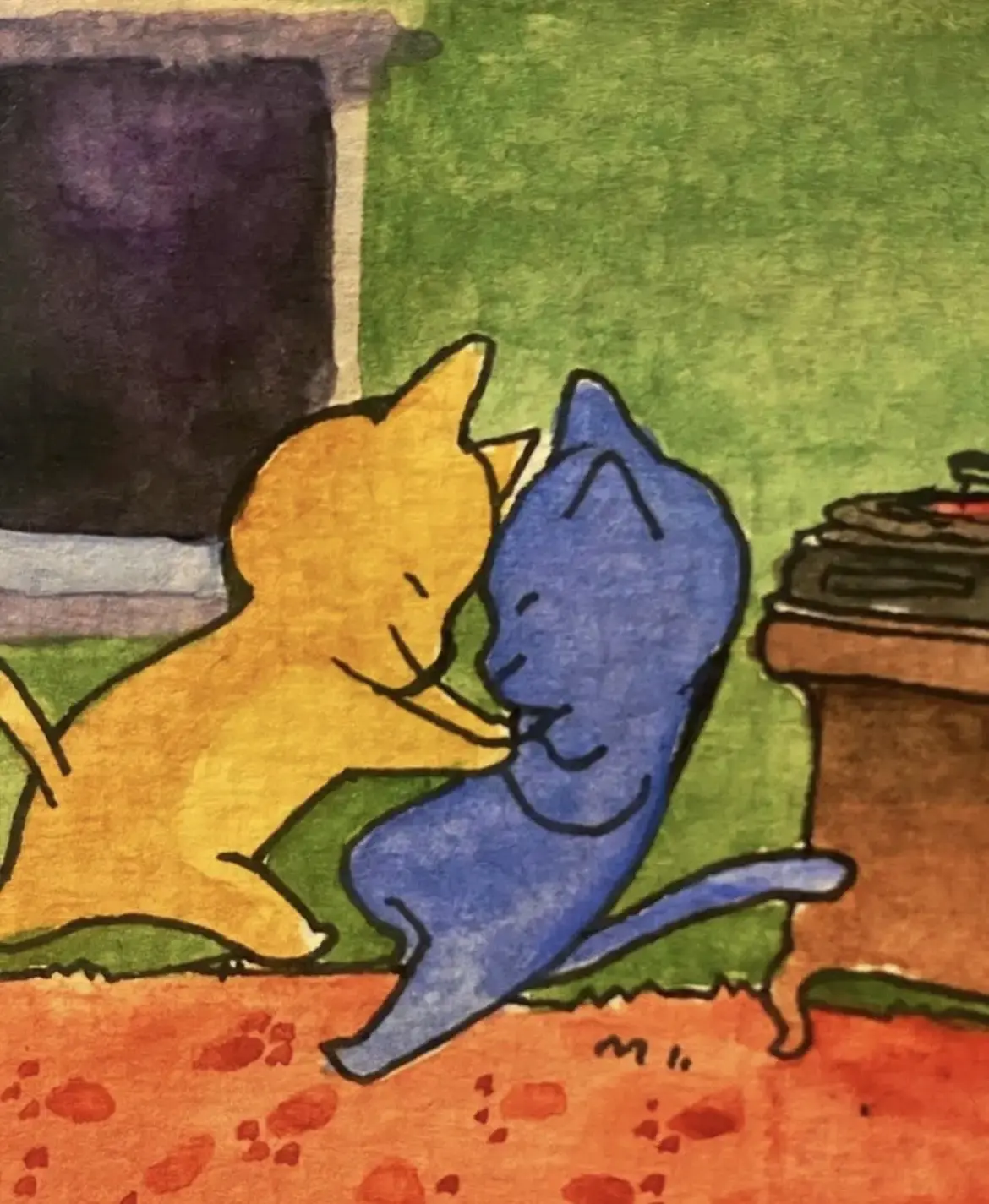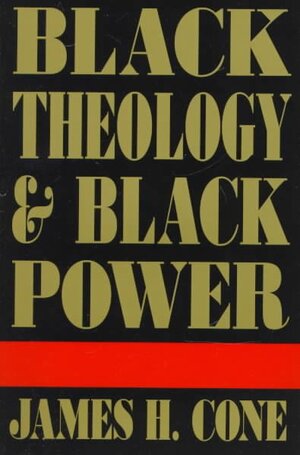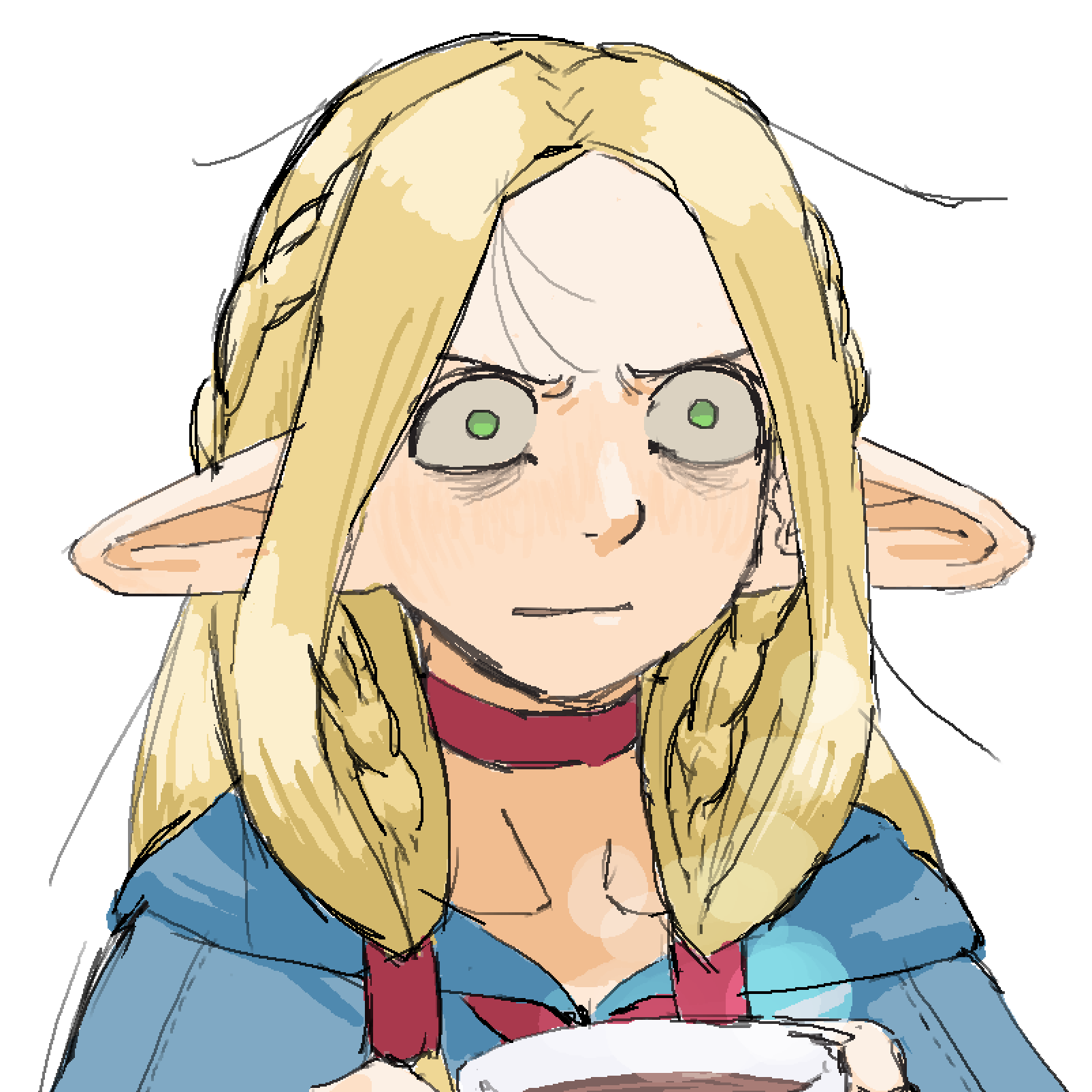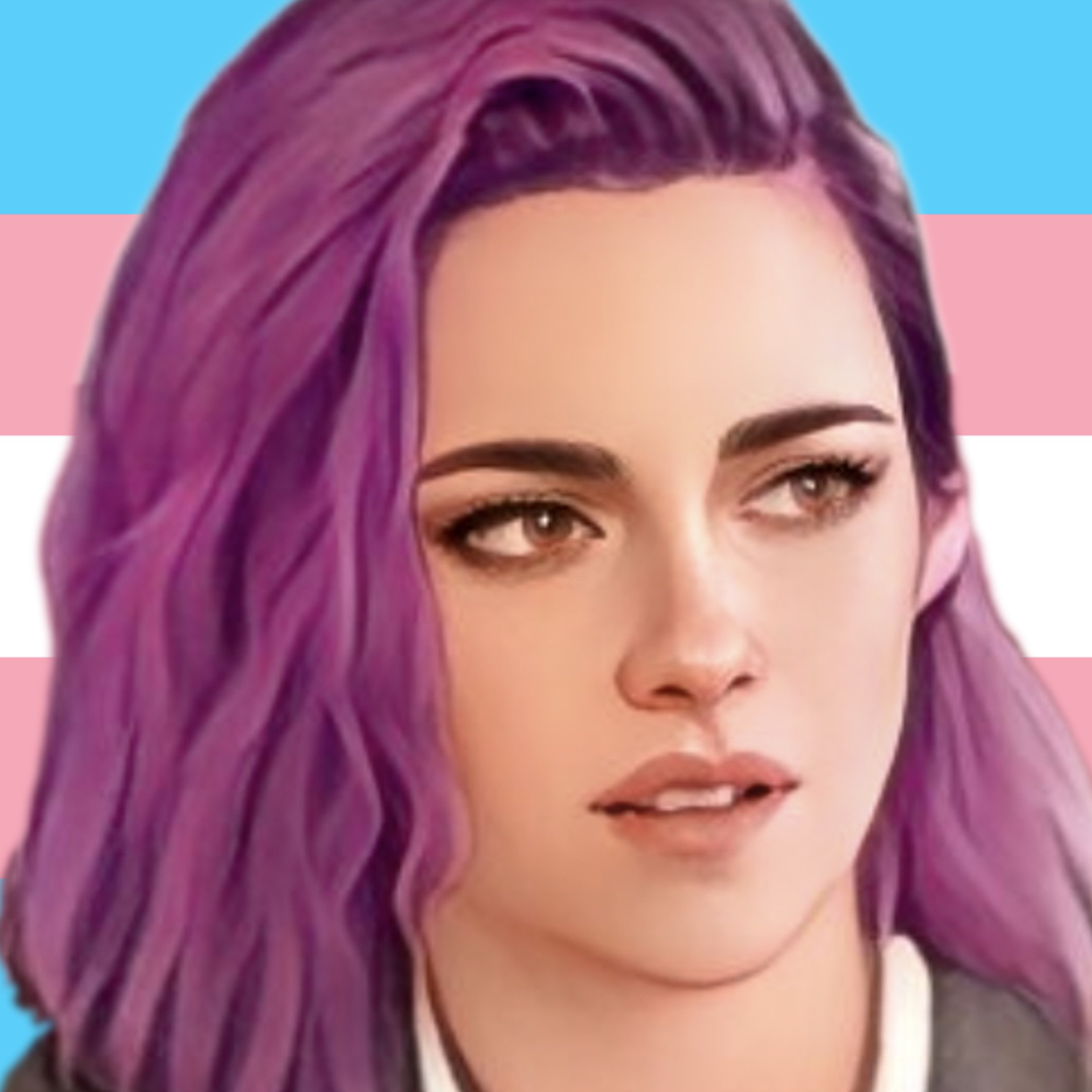On December 15th 2006, Venezuelan president Hugo Chavez announced his desire to create a single, consolidated left wing party entitled the United Socialist Party of Venezuela (PSUV). Chavez encouraged all left-wing parties, representing the mass majority of the National Assembly, to dissolve into the PSUV and abandon their current leadership. Chavez has framed the formulation of the PSUV as an essential step toward creating 21st Century Socialism and furthering the revolutionary goals of the Bolivarian process. Chavez stressed that the PSUV shall be governed primarily from the bottom up, focusing on mass-participation and democratic principles, and claimed that “[the PSUV] should be the most democratic party in Venezuelan history”. Chavez proposed the creation of a party-wide congress to establish an official party agenda and nominate candidates, through referendum, to replace current officials representing the various left wing parties. Voting on the agenda and candidates was held on March 8, 2008, national elections for state governors and mayors took place on November 23, 2008.
The idea of a single party representing such a wide spectrum of political viewpoints and wielding unprecedented power has created a division amongst major political parties, with some refusing participation in the PSUV, and others eager to promote the new united party. The major issues surrounding the formation of the PSUV center around political autonomy, the degree of popular participation, and how to replace existing bureaucratic hierarchies within former and current PSUV factions.
Despite the controversy and inherent skepticism, there are currently around 7 million members registered in the PSUV. Regardless of its successes and failures, it is destined to wield major influence over the future of Venezuela.
Political Background
Venezuelan political parties have a long history of infighting, fracture and restructuring based along ideological and political lines. However from 1958 until the election of 1993, mainstream politics were governed by the three parties of the Punto Fijo Pact. Signers included Accion Democratica (AD, Democratic Action), COPEI (Comité de Organización Política Electoral Independiente, Political Electoral Independent Organization Committee), and Union Republica Democratica (UPV, Democratic Republic Union). The Punto Fijo parties were de-legitimized for overt corruption which was highlighted during the furious Caracazo riots, which consumed Caracas for three days. The 1993 re- election of former COPEI leader Rafael Caldera, campaigning for a new party, ended Punto Fijo control of Venezuelan politics. The shortcomings of Caldera’s second presidency, which included taking IMF loans and structural adjustment programs, would give way to Chavez’s presidency, which unified a coalition of leftist groups who, though marginalized, had remained active during the Punto Fijo reign.
The PSUV Party Program
In early 2008 the Presidential Commission to Organize the PSUV drafted an outline for the party which included a political-ideological doctrine, a critical analysis of the past and present, and a program which described goals and methods of action necessary to achieve an ideal future. The draft was then sent to 1,676 elected congressional delegates to further discuss and refine the program. Since then, the delegates have been back and forth to their local constituents debating the program.
The outline highlights seven strategic guidelines that serve to summarize the party’s agenda and define the goals of 21st Century Socialism (it is important to note that at this point, the program promotes party ideals but does not provide specifics on how to achieve them)
Party Organization
The structure of the PSUV attempts to fulfill the program’s promise of popular power by establishing a bottom-up, democratic method of electing party officials and establishing party policy. To start, some 11,000 party “promoters” traveled the nation registering members into the party and taking a census. After registration, groups of around 200 party members, organized by region and locality, formed “socialist battalions”. A socialist battalion is the basic building block of the party; a political/community group meeting weekly to debate the party program and address concerns of the community, having the ability to influence decision making on a regional and national level. Each socialist battalion elected a recallable spokesperson. These spokespeople went on to form “socialist conscriptions” that then elected delegates, roughly one per seven to twelve socialist battalions, to the national PSUV congress. Delegates would remain in constant contact with their respective socialist conscription in order to be aware of the demands of their socialist battalions.
The congressional delegates attended two conventions on January 12 and March 2, 2008. During the convention delegates selected candidates for party leadership and created more concrete ideological and political goals for the party program. On March 9th, 2008, party candidates were officially elected. On November 23, 2008, elections for mayoral and gubernatorial positions were held. An official party program is to be created by an “Ideological Congress” some time in the near future. Despite this democratic process, Chavez remains the de-facto president of the PSUV, and has exercised power in appointing some preliminary party officials.
Announcements & Information
Megathreads and spaces to hang out:
- ❤️ Come listen to music with your fellow Hexbears in Cy.tube
- 💖 Come talk in the New weekly queer thread
- 🧡 Monthly Neurodiverse Megathread
- 💛 Read about a current topic in the news
- ⭐️ May Movie Schedule ⭐️
reminders:
- 💚 You nerds can join specific comms to see posts about all sorts of topics
- 💙 Hexbear’s algorithm prioritizes struggle sessions over upbears
- 💜 Sorting by new you nerd
- 🌈 If you ever want to make your own megathread, you can go here nerd
Links To Resources (Aid and Theory):
Aid:
- 💙Comprehensive list of resources for those in need of an abortion -- reddit link
- 💙Resources for Palestine
Theory:
Just found out my former boss is likely a nonce :what-the-hell:
I work at a overnight camp for kids :kermit-pain:
So my gf was pissed off at me and accidentally texted my family group chat instead of just me with her grievances. fuck I want to die right now. I'm certain this wine hangover will be horrible, going to make a burrito and pass out. I just wanted to chill tonight without feeling humiliated and shamed ffs is that too much to ask.
new megathread nerds :posting:
@aaaaaaadjsf @Abraxiel @AnarchaPrincess @Antilope @Alaskaball @BrookeBaybee @bbnh69420 @budoguytenkaichi @buh @CARCOSA @CDommunist @Cherufe @ClathrateG @ClimateChangeAnxiety @clover @comi @Commander_Data @COMMENT @ComradeCmdrPiggy @ComradeEchidna @context @congressbaseballfan @crime @DasKarlBarx @DeathToBritain @Dirt_Owl @Donut @Eco @ella @el_principito @EmmaGoldman @FidelCashflow @Frogmanfromlake @GalaxyBrain @ghosts @Goadstool @GoroAkechi @Grownbravy @halfmoon @JamesConeZone @Kanna @Kaputnik @kristina @Koa_lala @LeninWeave @LoudMuffin @Lundi @marxisthayaca @marzimpan @MaybeNickCage @MelaniaTrump @Mindfury @Ness @PM_ME_YOUR_FOUCAULTS @PorkrollPosadist @PootrKrobuttkin @PurrLure @Ram_The_Manparts @Redcuban1959 @REallyN @RNAi @RoseColoredVoid @Sandinband @SorosFootSoldier @Spike @TankieTanuki @Tervell @ThisMachinePostsHog @Trouble @ultraviolet @UlyssesT @viva_la_juche @WIIHAPPYFEW @Wmill @wtypstanaccount04 @Yanqui_UXO @Zoift
The party is theoretically in Cytube, but everyone left very early after the movie.
It is still incredibly funny to me that stranger things 4 filmed their gulag scenes in a Nazi concentration camp that was liberated by the Soviets. It is also very clear their gulag scenes were inspired by American police practices moreso than anything else
ETA: The nazi camp is now a hotel/airbnb lmao
Ngl this groomer shit is making me wanna go back into the closet. Already started CCing daily instead of occasionally. Luckily I pass for straight fairly easy. Or at least I think I do, usually when I see gay people saying they think they pass they don't at all, so maybe not.
Talking to cishet people who don't really keep up much and shockingly many of them partially believe the accusations.
The nice thing about cryptocurrency is that it can crash 24/7, unlike the regular stock market that only crashes during business hours on weekdays
aww I think there's a lot to love in the personalities of men with healthy masculinity
thinking of hasan on one of his more marxist days like
:hyperflush:
Here's an unrelated emote that might make you feel better
:fash-bash:
Line go down hard today folks
where were u when capitalism was kill











